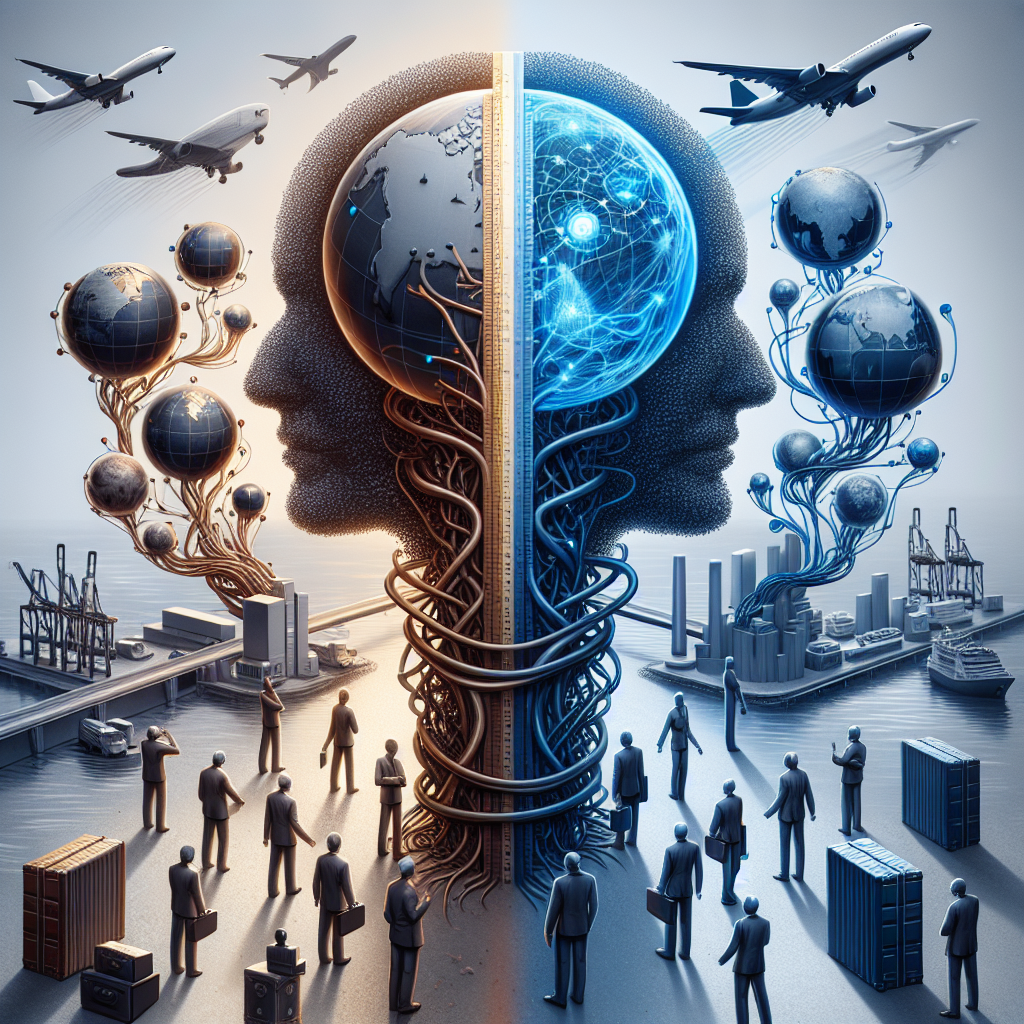Latest news shows that as the competition between the United States and China in artificial intelligence (AI) heats up, the Chinese government is imposing restrictions on local AI company executives and researchers, advising them to avoid traveling to the United States to prevent the leakage of technological secrets and potential security risks.
According to The Wall Street Journal, sources revealed that although there is no formal ban, Chinese authorities require relevant individuals to report before going abroad and provide detailed itineraries and meeting contents upon their return.
Analysis suggests that the Chinese authorities are increasingly tightening control over AI technology, concerned that experts may disclose critical information about their technological developments while interacting overseas, or be detained in the United States as a bargaining chip amid escalating US-China tensions.
Especially after the 2018 incident involving the detention of Huawei’s CFO Meng Wanzhou in Canada, Beijing has become more vigilant about the risks high-ranking individuals traveling abroad may bring, fearing such incidents could become tools for pressure from the US and impact its technological strategic layout.
In recent years, Chinese AI companies such as Alibaba and DeepSeek have rapidly risen, combining open-source technologies from the US like Transformer and PyTorch with local innovations, challenging OpenAI and Google in the field of large language models and generative AI.
As the tech war between the US and China escalates further, the US government is increasing restrictions on Chinese companies in the technology sector, particularly in semiconductors, AI chips, and robotics technology. On the other hand, the Chinese Communist Party is intensifying pressure on domestic technology companies to ensure their alignment with the government’s interests.
On February 17, Chinese President Xi Jinping convened a meeting with top domestic entrepreneurs, emphasizing that tech enterprises must shoulder “national responsibilities” to ensure technological development aligns with the party’s strategic needs. Attendees included DeepSeek founder Liang Wenfeng and Unitree Robotics founder Wang Xingxing.
Under pressure from the Chinese authorities, Liang Wenfeng has politely declined an invitation to the AI summit in Paris in February, while another Chinese AI startup’s CEO canceled a US visit based on government directives.
The Chinese government’s regulation of the tech industry has further tightened, with local tech management agencies in Shanghai, Beijing, Zhejiang, and other regions issuing guidance to business executives, recommending that unless necessary, they should avoid traveling to the US and its allied countries.
Traditionally, the Chinese authorities have engaged in academic cooperation, investments, and cyber espionage to steal cutting-edge technologies from the US, particularly in the areas of AI, semiconductors, and national defense. Former FBI Director Christopher Wray has stated that China’s theft of American technology is “unprecedented in scale” and poses the greatest threat to US economic security.
In response, the US has strengthened supervision of Chinese companies, including restricting Chinese companies’ access to high-end AI chips, imposing sanctions on Chinese companies involving national security risks, and reviewing academic and business cooperation involving Chinese capital in the US.
Last Tuesday (February 25), Michael Kratsios, the White House technology policy chief nominated by Trump, stated in a written testimony before his Senate confirmation hearing that China is the US’s most powerful competitor in technology and science, emphasizing that the future global order’s dominance will be determined by leaders in critical areas such as artificial intelligence, quantum technology, and nuclear technology.
With the US increasing technological blockades and export controls, and China strengthening control over technology companies, the competition between the US and China in the AI field is heading towards a comprehensive confrontation, which could lead to significant changes in the global tech industry landscape.

